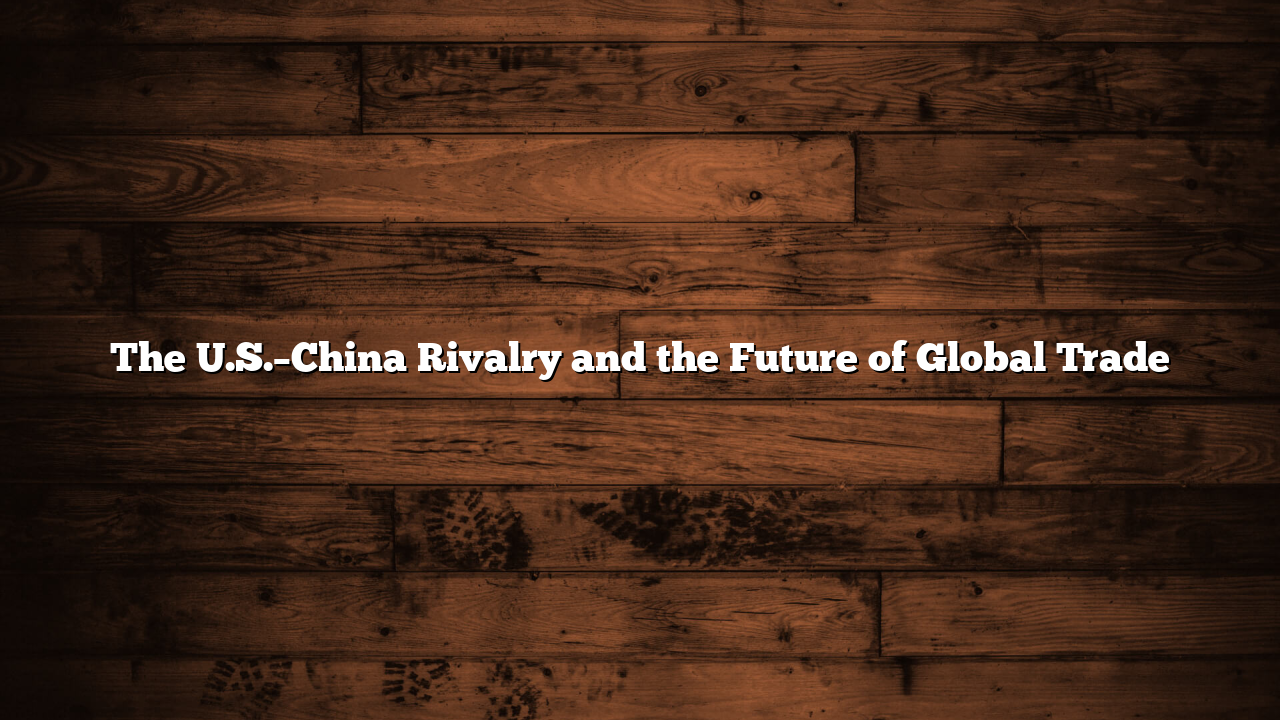Artificial intelligence is no longer a technological issue — it’s a political one. From algorithmic surveillance to autonomous weapons, AI now shapes deposit pulsa Naga169 how nations compete, regulate, and define ethical boundaries.
The United States and China dominate the AI arms race, pouring billions into innovation and military applications. Europe, meanwhile, seeks to establish itself as a moral regulator through its landmark AI Act, emphasizing transparency, data rights, and human oversight.
But the global debate extends far beyond the West. Developing nations worry about being left behind, while others fear digital colonialism — where tech giants, mostly from Silicon Valley, control data flows and infrastructure in the Global South.
At the United Nations, efforts to draft a global AI governance framework have stalled over disagreements about accountability and sovereignty. “No one wants a digital Cold War,” said U.N. Secretary-General António Guterres, “but without cooperation, that’s exactly where we’re heading.”
The militarization of AI adds urgency. Autonomous drones and predictive systems blur the line between defense and offense. Human rights advocates warn that algorithmic bias could institutionalize discrimination at scale.
As humanity builds machines that can decide faster than governments can deliberate, the question grows existential: who governs intelligence when intelligence is no longer human?
